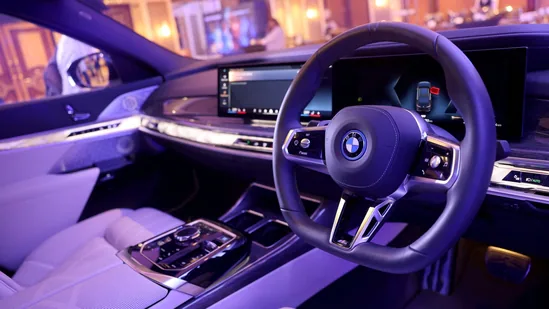11 october 2024 : BMW AG and Mercedes-Benz Group AG experienced a sharp decline in car sales in China during the third quarter, as weak consumer confidence in their largest market impacted luxury spending.
Sales of BMW and Mini vehicles dropped by 30%, marking the largest decrease in over four years, while Mercedes-Benz saw a 13% decline, driven by poor performance of high-end models like the S-Class and Maybach sedans.
These setbacks, coupled with slow electric vehicle growth in Europe, have led both BMW and Mercedes to issue profit warnings. Additionally, rising trade tensions may further hurt sales, as China considers imposing higher tariffs on imported large-engine vehicles in retaliation for the European Union’s tariffs on Chinese-made EVs.
BMW’s 30% drop in China sales contrasts with more modest declines of under 5% in the first two quarters of the year. This slump in the world’s largest car market contributed to a 13% overall decrease in BMW group vehicle sales, which was also affected by a recall of braking systems.
For Mercedes-Benz, the 12% drop in sales of its high-end models marks a setback in its strategy to target the luxury market. This decline reflects broader challenges facing Germany’s automotive industry, which is grappling with rising costs and intensified competition from Chinese electric vehicle manufacturers like BYD.
Despite the overall sales slump, both companies have seen varying results in electric vehicles. BMW achieved a 10% increase in deliveries of its electric models, including the i4 sedan and iX1 SUV, totaling 103,440 units in the third quarter. In contrast, Mercedes experienced a 31% drop in EV deliveries, with just 42,500 units sold. However, the company reported a 10% rise in plug-in hybrid sales, driven by strong demand in the U.S.
Mercedes’ new EV models have faced a lukewarm reception in China, where younger drivers are increasingly turning to domestic brands that offer more advanced digital and entertainment features.

